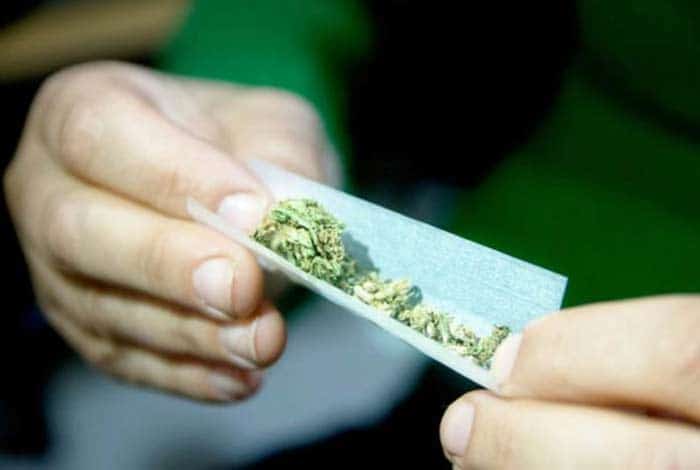
Research Suggests That Marijuana’s Effects on Young Brains Reduce Considerably Three Days After Use

Marijuana is known for slowing down certain cognitive abilities such as memory, learning and attention span. Probably that’s why it is known as “dope”. A new study finds that marijuana’s cognitive effects many not last long, even in the chronic users.
A meta-analysis published recently in the journal JAMA Psychiatry [1] , has combined over 69 studies that investigated the effects of marijuana on the cognitive abilities of especially young and adolescent users. It discovered than young users that were considered heavy marijuana users scored much less that non-users in various cognitive aspects including abstraction, learning, speed of processing, inhibition, attention, and delayed memory.
More Information About the Meta-Analysis
Cobb Scott, the lead study author and professor at the University of Pennsylvania stated that this research is first among other meta analyses because it considers the effects in young and adolescent users. Among various cognitive domains they tested, the greatest effects were observed in learning new information, processing speed, and retaining memory.
When the scientists studied the results based on the length of marijuana abstinence, they discovered that the difference of cognitive abilities between users and non-users was no longer significant. This could mean that most of the difference previously observed might be due to cannabis residual effects and/or due to cannabis withdrawal.
Long-Term Effects of Marijuana

There have been different studies to find the long-term effects of marijuana in young people and adolescents. The results however have been inconsistent. A 2008 study has revealed that early-onset marijuana use by adolescents and young people can lead to poor cognitive abilities especially in tasks that require attention, executive functioning, and episodic memory.
Another study published in 2014 strictly warned against use of marijuana in adolescence as certain parts of the brain associated with cognitive abilities such as prefrontal cortex, are still developing.
Kevin Sabet, assistant professor at the Yale School of Medicine, emphasizes that further researches must be conducted to find the long-term effects of marijuana in young and adolescent users. He warns that there have been various long-term irreversible brain damages highlighted by different studies, caused by marijuana use.
Scott says that numerous studies have revealed that association between cannabis use and the decline in cognitive functioning disappears after controlling a few factors such as substance use disorder and psychiatric illness. The meta-analysis attempted to make some sense out of the incoherent data and hence combined 69 studies. It compared 2,152 frequent marijuana users with 6,575 non-users. The age of participants varied from 10 to 50 and the average age being 21.
The overall cognitive abilities of the frequent cannabis users were reduced by around one-third of the standard deviation, when compared with the non-frequent cannabis users. These results however seem little, but Sabet warns that even a small effect size could have a great clinical significance in large population. Again, it need to be stressed that the cognitive abilities of the users were less than non-users.
To identify various other possible side-effects, the researchers separated the data according to the length of cannabis abstinence, age when first used, clinical characteristics like depression and sociodemographic characteristics. Of all these factors, the length of cannabis abstinence came out to be of importance as it influenced the cognitive abilities in chronic cannabis users. The researchers observed that after 72 hours of marijuana use, the cognitive abilities returned to normal.
Sabet stresses that all these 69 studies did not distinguish clearly between the chronic users and frequent users. This is probably one great limitation of this meta-analysis, according to him. When a meta-analysis as this takes into account different studies that considered marijuana users with different usage frequency and quantity, the results would have naturally come out to a small size effect.
Scott explains that the meta-analysis only considered the cognitive aspects of marijuana use and did not consider other possible outcomes such as lung functioning consequences, psychosis , cannabis use issues and other medical problems. The results still do show that there are negative cognitive consequences of marijuana use in young people and adolescents. These effects are significant, even though they reduce after 72 hours of use.
Scott emphasizes the need of further research in this area as the medicinal and casual use of marijuana is increasingly accepted by millions globally. This makes it even more important to know both the positive and negative impacts of marijuana usage.




